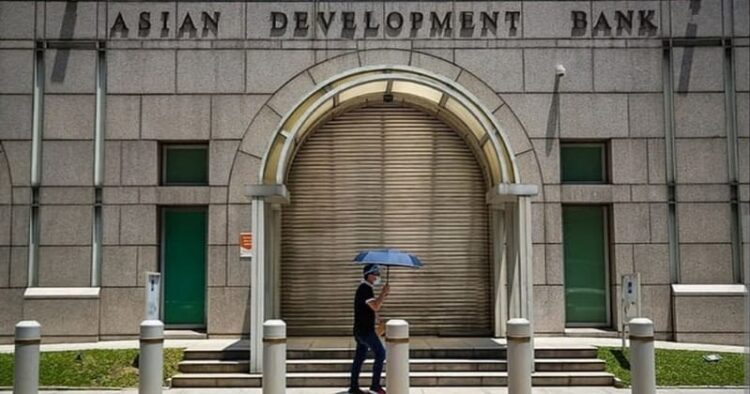The Asian Development Bank (ADB) and Greenway Grameen Infra Private Limited have inked a groundbreaking deal, signing a USD 6.5 million senior secured loan to manufacture and distribute 1 million improved cookstoves to rural households in India’s Madhya Pradesh and Odisha States.
According to ADB, this transformative initiative also involves a USD 3.25 million first-loss liquidity reserve from the Climate Innovation and Development Fund (CIDF), administered by ADB.
Compared to traditional mud chulhas or indoor stoves, these improved stoves boast a 65 per cent reduction in fuel needs and a 70 per cent decrease in smoke emissions, significantly mitigating black carbon and carbon monoxide.
The project aims to subsidise the cost of these eco-friendly cookstoves for rural households still reliant on inefficient traditional cooking methods.
ADB Director General for Private Sector Operations Suzanne Gaboury highlighted the severe health threats posed by inefficient cooking, particularly household air pollution and indoor carbon monoxide, emphasising the vulnerability of women and children.
Suzanne Gaboury said, “Inefficient cooking is a major source of household air pollution and indoor carbon monoxide, posing serious health threats to millions of people, with women and children the most vulnerable. More efficient and cleaner cooking facilities are a quick and effective way to not just save lives but to empower women by reducing their daily domestic workload. ADB’s financing will also demonstrate a catalytic business case for the use of carbon markets to finance community-based projects.”
Suzanne Gaboury expressed the belief that cleaner cooking facilities not only save lives but also empower women by reducing their domestic workload.
The project anticipates a total reduction of 22.9 million tons of carbon dioxide. Greenway, through its subsidiary Sustainable Development Goals (SDG) 13 Ventures Private Limited, plans to sell the carbon credits generated from improved cookstoves usage to international buyers.
ADB’s debt financing will play a crucial role in bridging the gap between the time it takes to sell carbon units and the general operational costs, creating a novel channel for financing climate change mitigation projects through carbon markets.
Greenway’s Co-founder and CEO, Ankit Mathur, expressed excitement about scaling up the distribution of Greenway Jumbo Stoves through the partnership with ADB and CIDF.
Ankit Mathur said, “We are excited to scale up the distribution of Greenway Jumbo Stoves through this partnership with ADB and CIDF. We believe that blended finance structures can accelerate and deepen our climate action impact. Greenway and SDG 13 Ventures are at the forefront of community-led efforts to combat climate change through increased access to cleaner cooking. We would like to thank ADB, our investors and off-takers who’ve made this possible,”
He emphasised the potential of blended finance structures to accelerate and deepen climate action impact, acknowledging the pivotal role of investors and off-takers in making this initiative possible.
The CIDF, a blended finance facility managed by ADB and established in September 2021, has garnered significant philanthropic commitments, including USD 25 million from Bloomberg Philanthropies and Goldman Sachs.
This fund is poised to unlock up to USD 500 million in private sector and Government investments for sustainable, low-carbon economic development.
Greenway, established in 2010, has made substantial strides in the clean cooking sector, selling over 2.5 million improved cookstoves and employing more than 500 people.
Beyond manufacturing, the company collaborates with community-based organisations, banks, cooperatives, NGOs, and microfinance institutions to extend its reach deep into rural communities.
Greenway has received impactful investments from entities like the Acumen Fund, Asha Investment Fund, and the Centre for Innovation, Incubation, and Entrepreneurship.
As ADB remains steadfast in its commitment to achieving a prosperous, inclusive, resilient, and sustainable Asia-Pacific region, this collaborative effort represents a significant stride towards leveraging carbon finance for positive environmental and social impact.
(with inputs from ANI)




















Comments